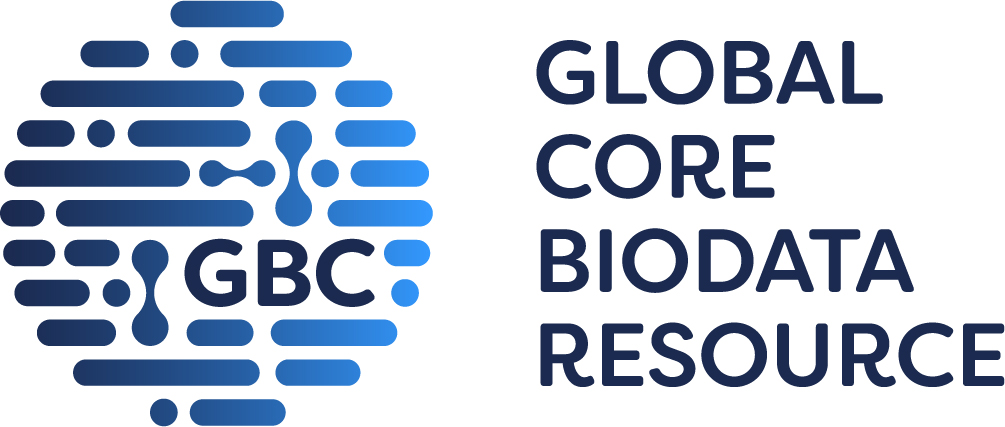GtoPdb is requesting financial support from commercial users. Please see our sustainability page for more information.
Background
The Guide to MALARIA PHARMACOLOGY (abbreviated as GtoMPdb) is being developed as an extension to the existing Guide to PHARMACOLOGY (GtoPdb), with funding from Medicines for Malaria Venture (MMV). This resource has the aim of providing optimised access to GtoPdb data for the malaria research community.
The parent Guide to PHARMACOLOGY database (GtoPdb) has been extended to incorporate the additional information required to describe the activity and target interactions of antimalarial compounds. It provides a searchable database with quantitative information on Plasmodium molecular targets and the prescription medicines and experimental drugs that act on them.
A new portal is being developed that will provide focused access to the data. Click here to access the GtoMPdb portal
For more information on the parent GtoPdb see the About page and the FAQ.
Contributors
Expert Advisory Committee for the IUPHAR/MMV Guide to Malaria Pharmacology project
David R. Cavanagh, UK
Mark J. Coster, Australia
Michael P. Pollastri, USA
Laurent Rénia, Singapore
J. Alexandra Rowe, UK
Chris Swain, UK
Matthew H. Todd, UK
Elizabeth A. Winzeler, USA
Scientific Advisors for IUPHAR/MMV Guide to Malaria Pharmacology project
Stephen P.H. Alexander, UK
Jeremy N. Burrows, Switzerland
Brice Campo, Switzerland
Anthony P. Davenport, UK
Jamie A. Davies, UK
F. Javier Gamo, Spain
Christopher Southan, Sweden
Michael Spedding, France
Stephen A. Ward, UK
About IUPHAR
Founded in 1959 as a section of the International Union of Physiological Sciences, the International Union of Basic and Clinical Pharmacology (IUPHAR) has been independent since 1966. IUPHAR is a member of the International Council for Science (ICSU) and participates in the work of its scientific committees. It receives international recognition, particularly by the United Nations Educational, Scientific and Cultural Organization (UNESCO).
The IUPHAR Committee on Receptor Nomenclature and Drug Classification (NC-IUPHAR, links to GtoPdb site), founded in 1987, is chaired by Michael Spedding (France) and has the mission of issuing guidelines for receptor and ion channel classification, addressing the main issues in pharmacology today, classifying the major receptor and ion channel systems, facilitating the interface between the discovery of new sequences from the Human Genome Project and the designation of the derived proteins as functional receptors and ion channels and maintaining a website (the IUPHAR/BPS Guide to PHARMACOLOGY portal) with access to data on all known receptor systems, freely available to all scientists, anywhere in the world. NC-IUPHAR publishes articles on receptor nomenclature and guidelines for terminology in Pharmacological Reviews, in collaboration with ASPET, and also publishes reviews and editorials on other topics in the British Journal of Pharmacology.
Click here for the full publication list. (links to GtoPdb site)
About MMV
MMV is a leading product development partnership (PDP) in the field of antimalarial drug research and development. Its mission is to reduce the burden of malaria in disease-endemic countries by discovering, developing and delivering new, effective and affordable antimalarial drugs.
At the time MMV was founded in 1999, the incidence of malaria was rising rapidly, resistance of the malaria parasite to existing antimalarial drugs was increasing, and the pipeline for new therapies was virtually empty. Since its inception, MMV and partners have developed and brought forward seven new medicines and currently manage a portfolio of 65 projects. The portfolio includes nine new drugs in clinical development addressing unmet medical needs in malaria, including medicines for children, pregnant women and relapsing malaria, and drugs that could support the elimination/eradication agenda. MMV has 160 active global partnerships and has built an extensive network of over 400 pharmaceutical, academic and endemic-country partners in more than 55 countries. It has been estimated that MMV co-developed drugs have saved over 1.5 million lives.
MMV’s vision is a world in which innovative medicines will cure and protect the vulnerable and under-served populations at risk of malaria, and ultimately help to eradicate this terrible disease.
For further details please see the MMV website.









